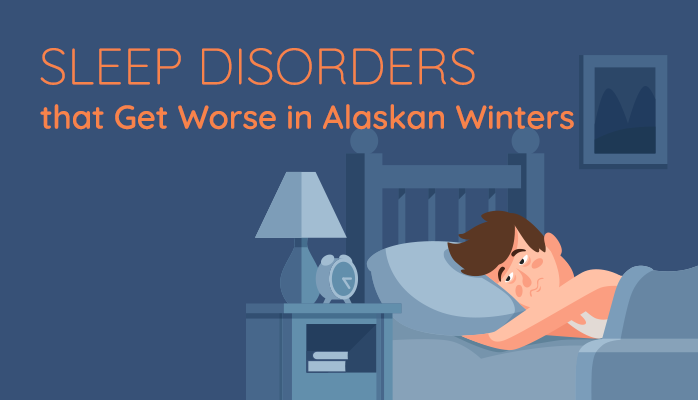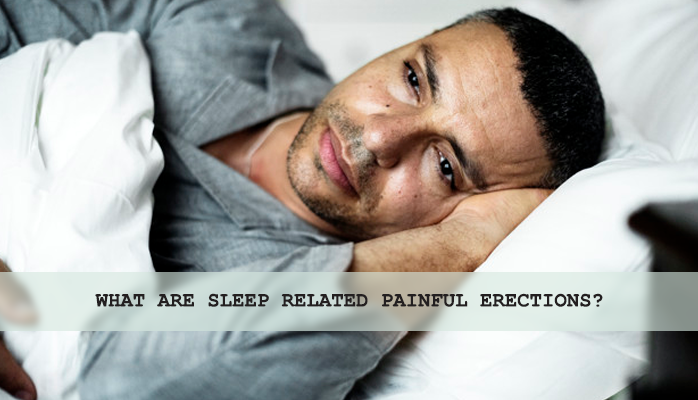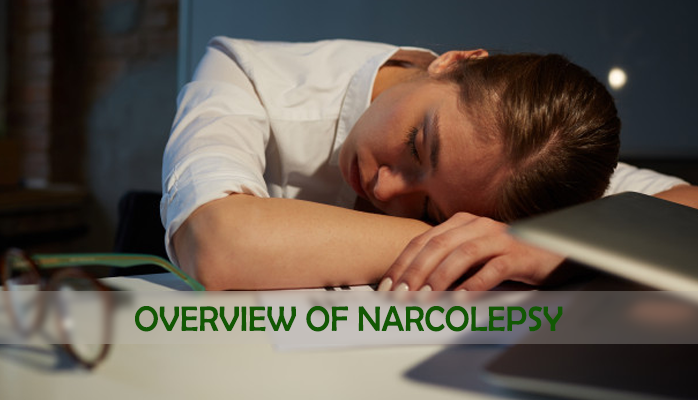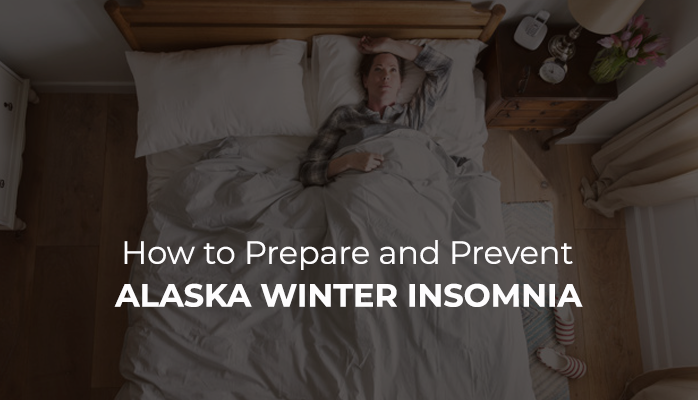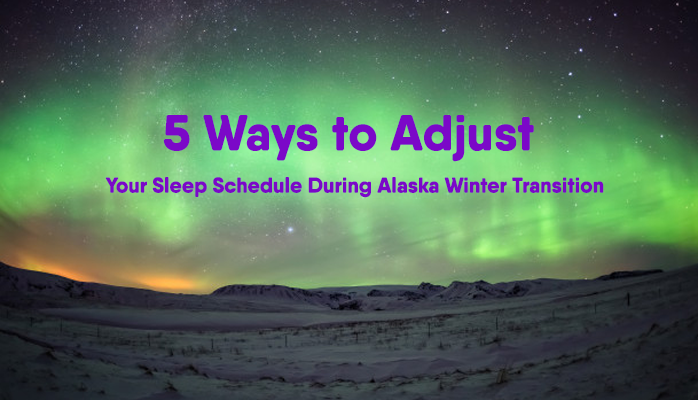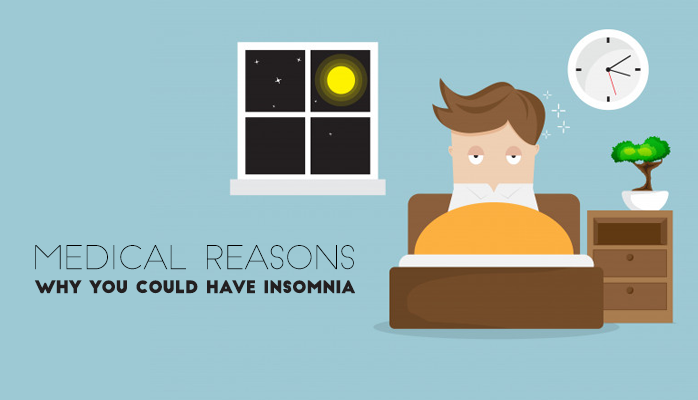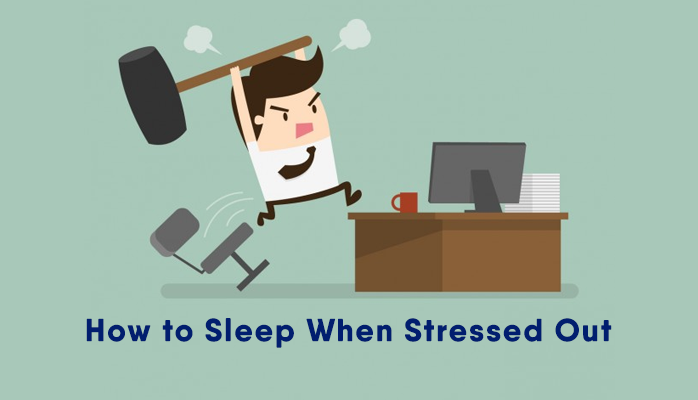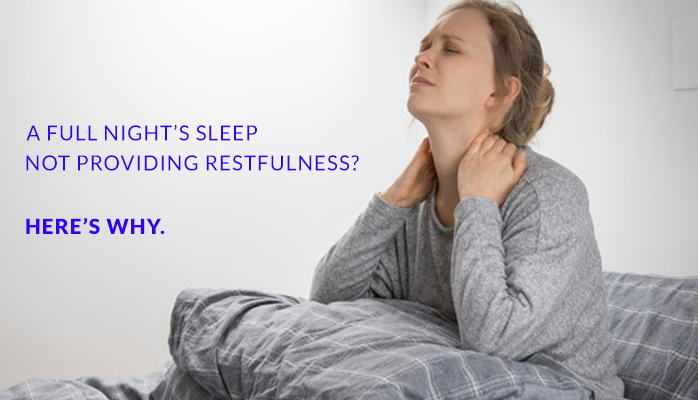Why Darkness Hurts Sleep
Alaskan winters consist of darkness for the majority of the day, while Alaskan summers consist of light for the majority of the day. The extreme lighting conditions of Alaska, especially north, affect Alaskan lives in many different domains:
- Psychologically
- Physiologically
- Habitually
- Emotionally
- Sociologically
While we generally associate darkness with sleep, endless darkness is bad for sleep. This is because melatonin, the hormone that regulates sleep, is light sensitive, and either increases production in response to increasing darkness or decreases production in response to increasing light.
Without a change in light, extreme darkness can cause poor melatonin regulation and result in the initiation or worsening of sleeping disorders in many people. Winter sleeping disorders that are most common in Alaska include:
- Insomnia
- Circadian Rhythm disorders
- Restless leg syndrome (RLS)
Due to these changes, Alaskans have to work harder to maintain a normal sleep schedule in winter and to also be wary of symptoms of sleeping disorders such as those listed above. Let’s look at them in more detail.

